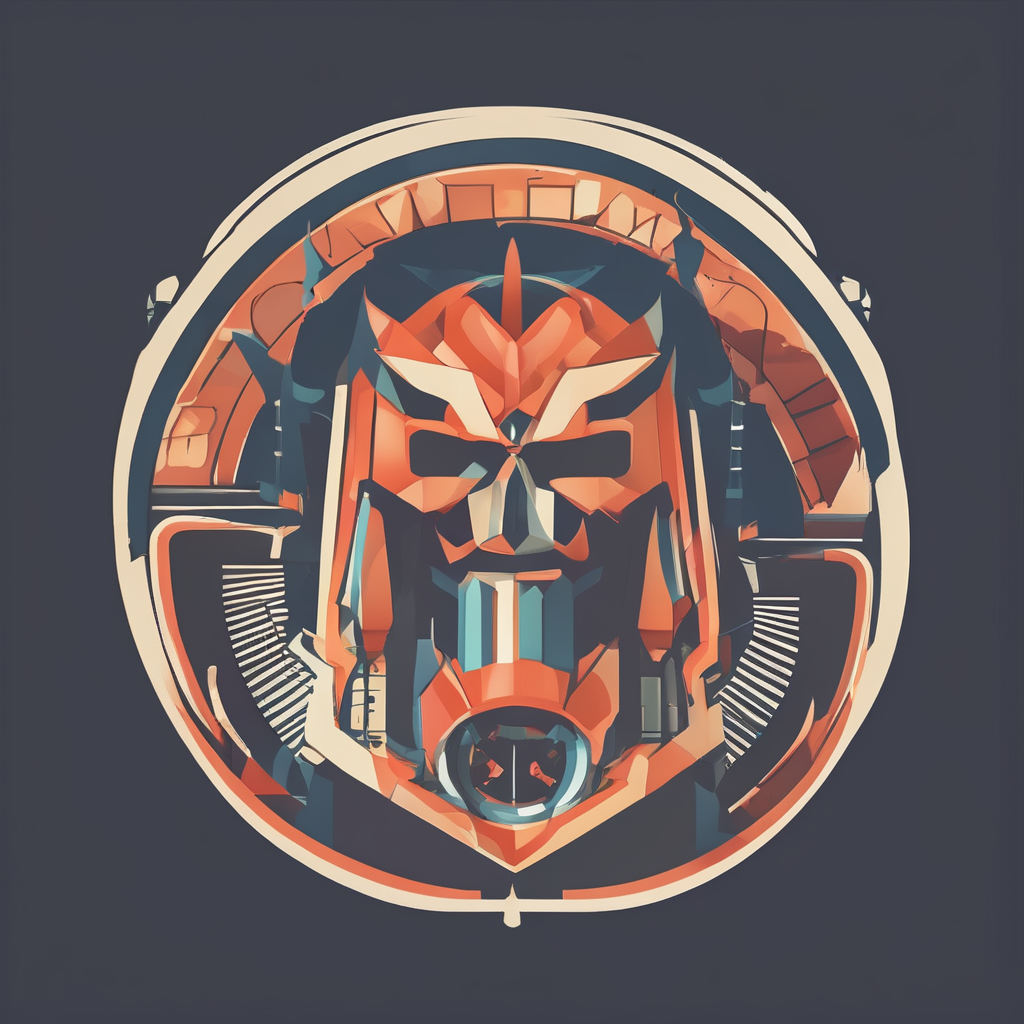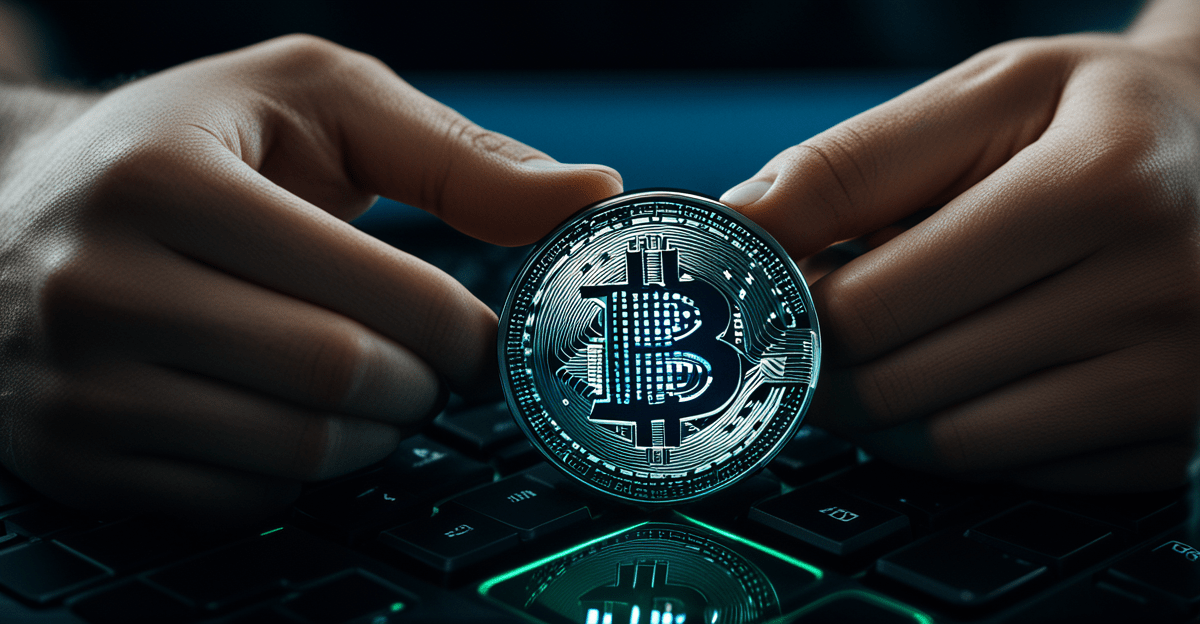Current Trends in Blockchain Gaming Among UK Developers
Blockchain gaming trends in the UK reveal a growing enthusiasm among UK game studios to integrate blockchain technology into interactive experiences. Adoption rates have steadily increased as these developers explore innovative ways to incorporate NFTs, play-to-earn mechanics, and digital assets within their games. This interest stems from the potential to enhance player engagement through transparent ownership and monetisation opportunities. UK blockchain adoption in gaming is reflected in both indie developers and established companies looking to capitalise on these emerging technologies.
Popular blockchain applications in games primarily revolve around NFTs that enable unique in-game item ownership, creating digital scarcity and value. Play-to-earn models add an economic layer where players can earn tokens or rewards convertible to real-world assets. Digital assets backed by blockchain also help secure transactions and reduce fraud, fostering trust between players and developers.
This might interest you : How Do Video Games Influence Cognitive Skills?
The regulatory landscape in the UK is cautiously evolving, with authorities monitoring blockchain’s implications on gaming. Industry responses have included calls for clearer guidelines to balance innovation with consumer protection. As a result, UK game studios are navigating technical and compliance challenges, aligning their blockchain gaming projects with local regulations while continuing to push technology boundaries.
Current Trends in Blockchain Gaming Among UK Developers
UK game studios are increasingly embracing blockchain gaming trends with a notable rise in UK blockchain adoption. The market shows growing interest, driven by innovations such as NFTs, play-to-earn models, and digital asset ownership. UK developers use blockchain to create more engaging and transparent gaming experiences by allowing players real ownership of in-game items through secure tokens.
Also to see : How Can Historical Video Games Enhance Our Understanding of the Past?
Popular blockchain applications include the use of NFTs to represent unique digital assets and enable secondary markets, and play-to-earn incentives that reward players with blockchain-based currencies. These trends are reshaping gaming technology by introducing new economic models and creating closer player-developer interactions.
Regulatory bodies in the UK are actively evaluating how blockchain influences gaming, with industry responses focusing on compliance, consumer protection, and innovation encouragement. This evolving landscape prompts studios to balance ambitious blockchain integration with regulatory requirements. Overall, UK game studios are pioneering blockchain gaming not just as a technical upgrade but as a transformative approach impacting the entire digital entertainment ecosystem.
Current Trends in Blockchain Gaming Among UK Developers
Emerging blockchain gaming trends demonstrate a marked increase in focus on UK blockchain adoption by UK game studios. These studios are elevating gaming technology with innovative applications such as NFTs that assign verifiable uniqueness to digital items. These NFTs enable players to claim true ownership and create dynamic secondary markets. Additionally, play-to-earn models allow players to monetise their gameplay through blockchain-based tokens, reshaping player incentives and engagement.
UK developers are also integrating diverse digital assets securely on blockchains, improving trustworthiness and reducing fraud risks. These technological shifts empower developers to craft more immersive and economically layered gaming experiences. UK game studios showcase a balance of entrepreneurial spirit and technological savvy as they explore blockchain’s full potential.
Regulatory scrutiny remains a determining factor in the ongoing adaptation of blockchain gaming. UK authorities continuously assess the impact of these innovations, focusing on consumer protection without stifling advancement. Industry stakeholders collaborate to navigate compliance challenges while promoting responsible innovation. This evolving environment requires game studios to be agile, ensuring their blockchain initiatives align with both regulatory expectations and player demands amid rapid technological progress.
Current Trends in Blockchain Gaming Among UK Developers
UK game studios are accelerating UK blockchain adoption by integrating blockchain into varied gaming technology applications. This trend responds to increasing market interest, reflected in widespread experimentation with blockchain gaming trends such as NFTs, play-to-earn models, and tokenised digital assets. Adoption rates have risen notably as studios recognise blockchain’s capacity to enhance player engagement through secure ownership and transparent economies.
NFTs remain a cornerstone, allowing players verifiable ownership of unique in-game items, which in turn fuels secondary markets and community interaction. Play-to-earn models extend gameplay beyond entertainment, enabling players to earn blockchain rewards convertible to real-world value. These models introduce innovative economic layers directly embedded in game design, marking a significant shift in how digital assets are perceived and leveraged.
Meanwhile, the regulatory environment in the UK is evolving cautiously. Developers must navigate compliance frameworks designed to protect consumers while not stifling innovation — a balancing act influencing game design and rollout strategies. Industry discussions increasingly focus on defining clear guidelines for blockchain use in games, highlighting collaboration between UK studios and regulators. As a result, UK blockchain adoption is both a technological and regulatory journey, shaping the future of interactive digital entertainment.
Current Trends in Blockchain Gaming Among UK Developers
Blockchain gaming trends in the UK reveal steadily increasing UK blockchain adoption by game studios eager to leverage emerging gaming technology. Adoption rates reflect a growing market interest as developers integrate features like NFTs, play-to-earn models, and diverse digital assets into their game ecosystems. These technologies offer players verifiable ownership and economic incentives that traditional games lack.
Popular blockchain applications in UK games primarily feature NFTs, which represent unique in-game items with provable authenticity. Play-to-earn mechanics enable players to earn tokens convertible into real-world value, enhancing engagement and retention. Digital assets backed by blockchain technology secure transactions, reduce fraud, and support transparency between players and developers.
Regulatory bodies in the UK carefully monitor these developments to ensure consumer protection without hindering innovation. Industry responses have focused on aligning blockchain gaming initiatives with evolving compliance requirements. This regulatory context shapes how UK game studios approach blockchain integration, balancing technological ambition with legal frameworks.
Overall, UK blockchain adoption in gaming is defining new standards in player experience, asset ownership, and economic interaction. It signals a transformative shift in how UK game studios design and monetise games using cutting-edge blockchain gaming trends.
Current Trends in Blockchain Gaming Among UK Developers
UK game studios are accelerating UK blockchain adoption by exploring a variety of blockchain gaming trends that deepen player interaction and value creation. Adoption rates have grown consistently due to increased market interest in gaming technology that integrates NFTs, play-to-earn models, and tokenised digital assets. These innovations enable verified digital ownership, allowing players to buy, trade, or sell unique in-game items securely.
Popular blockchain applications among UK developers focus on NFTs, which guarantee uniqueness and verifiable scarcity of digital assets. Play-to-earn models incentivise players with blockchain-based rewards, blending entertainment with economic benefit. Digital assets secured on blockchain enhance transaction transparency and reduce fraud, which encourages trust between participants in the gaming ecosystem.
Regulatory bodies in the UK continue to monitor blockchain gaming trends carefully, aiming to strike a balance between consumer protection and fostering innovation. Industry stakeholders actively engage with evolving guidelines to ensure compliance while pushing technological boundaries. This cautious regulatory framework affects both the pace and strategy of blockchain integration within UK game studios. By aligning blockchain initiatives with regulatory expectations, developers advance gaming technology in a responsible and sustainable manner.
Current Trends in Blockchain Gaming Among UK Developers
UK blockchain adoption by game studios is accelerating noticeably, fuelled by growing market interest in integrating blockchain into gaming technology. Adoption rates have surged as UK developers embrace innovations such as NFTs, play-to-earn models, and broader digital asset ecosystems. These formats empower players with verifiable ownership and new ways to monetise gameplay, enhancing engagement beyond traditional gaming.
Key blockchain gaming trends include the use of NFTs to provide unique, provably scarce in-game items. This fosters vibrant secondary markets where players trade or sell assets securely. Play-to-earn mechanisms further extend economic incentives, allowing players to earn blockchain-based tokens convertible into real-world value. These developments mark a shift in how UK game studios design game economies with blockchain at their core.
Regulatory and industry responses in the UK reflect a cautious yet adaptive approach. Authorities actively assess blockchain’s impact on consumer protection, prompting studios to align blockchain initiatives with evolving compliance frameworks. The industry is engaged in dialogue to balance innovation with legal safeguards, making regulatory clarity a pivotal influence on UK blockchain adoption. This landscape encourages studios to innovate responsibly while capitalising on blockchain’s transformative potential within gaming technology.
Current Trends in Blockchain Gaming Among UK Developers
UK game studios continue to spearhead UK blockchain adoption, driven by robust interest in integrating advanced gaming technology with blockchain ecosystems. Adoption rates reflect sustained market enthusiasm for blockchain gaming trends such as the use of NFTs, play-to-earn economies, and tokenised digital assets within game designs.
Popular blockchain applications focus heavily on NFTs to establish verifiable ownership and scarcity of in-game items. These unique tokens empower players by enabling secure buying, selling, or trading within secondary markets. Play-to-earn mechanics incorporate blockchain rewards, blending gameplay with tangible economic incentives that heighten engagement. Leveraging digital assets secured on blockchain technology not only ensures transparency but significantly reduces fraud risks, fostering trust among participants.
Regulatory scrutiny in the UK remains purposeful but evolving. Authorities assess blockchain gaming trends with an aim to protect consumers while supporting innovation. This creates a compliance environment that UK game studios must navigate carefully, balancing ambition with adherence to emerging legal standards. Industry players actively collaborate to meet regulatory requirements without compromising technological progress.
Collectively, these trends spotlight how UK blockchain adoption is reshaping the gaming landscape by delivering novel player experiences, secured asset ownership, and innovative economic models embedded directly into game mechanics.
Current Trends in Blockchain Gaming Among UK Developers
UK game studios are actively increasing UK blockchain adoption as part of evolving blockchain gaming trends that reshape gaming technology. Adoption rates have risen steadily due to expanding market interest in integrating blockchain features such as NFTs, play-to-earn models, and tokenised digital assets. These technologies enable players to have verifiable ownership of unique in-game items, creating authentic scarcity and new monetisation avenues within games.
Popular blockchain applications include NFTs that allow players to buy, sell, and trade digital assets on secure secondary markets, fostering deeper community interaction. Play-to-earn mechanics reward players with blockchain-based tokens that can translate into real-world value, adding economic depth and incentivising longer engagement. Moreover, blockchain’s transparency reduces fraud and enhances trust, benefiting both players and developers.
Regulatory oversight in the UK remains cautious but constructive. Authorities focus on consumer protection while supporting innovation, prompting UK game studios to navigate evolving compliance requirements. Industry efforts to establish clear guidelines help studios align blockchain initiatives with legal and ethical standards. Thus, the intersection of adoption, technology innovation, and regulation shapes how blockchain gaming unfolds in the UK, encouraging responsible advancement of this transformative domain.
Current Trends in Blockchain Gaming Among UK Developers
Adoption rates of blockchain gaming trends among UK game studios continue to rise, driven by strong market interest in integrating advanced gaming technology such as NFTs, play-to-earn models, and tokenised digital assets. UK blockchain adoption reflects an ongoing commitment by studios to offer immersive experiences that combine entertainment with real-world economic value.
Popular blockchain applications in UK games focus on NFTs, providing provable uniqueness and ownership of in-game items which players can trade in secondary markets. Play-to-earn frameworks further amplify engagement by rewarding players with blockchain-based tokens convertible to tangible assets. Additionally, blockchain technology enhances asset security and transparency, effectively minimising fraud risks in game ecosystems.
The UK regulatory landscape remains cautiously attentive, with authorities ensuring consumer protection while fostering innovation. Industry responses emphasise aligning blockchain adoption with compliance standards and collaborating on clear guidelines. This balance between regulation and technology encourages responsible development, requiring UK game studios to innovate thoughtfully while addressing both technical and legal challenges.
These trends demonstrate how UK blockchain adoption reshapes gaming technology, creating novel economic opportunities and enriching player interaction across the rapidly evolving digital entertainment sector.
Current Trends in Blockchain Gaming Among UK Developers
UK blockchain adoption continues to rise as UK game studios demonstrate growing enthusiasm for integrating blockchain into gaming technology. Adoption rates are strong, reflecting increased market interest in blockchain gaming trends such as NFTs, play-to-earn mechanics, and tokenised digital assets. These technologies allow players verifiable ownership of unique in-game items, establishing new economic models within games.
Popular blockchain applications in UK games focus on NFTs to represent distinct digital assets, letting players securely buy, sell, or trade within vibrant secondary markets. Play-to-earn models incentivise players with blockchain rewards convertible to real-world value, enhancing engagement and retention. Additionally, digital assets secured by blockchain reduce fraud and improve transparency, fostering trust between developers and players.
On the regulatory front, UK authorities adopt a measured approach, balancing consumer protection with innovation encouragement. Industry stakeholders actively engage to shape evolving compliance frameworks, ensuring blockchain gaming trends adhere to legal and ethical standards. This cooperative regulatory environment influences how UK game studios implement blockchain initiatives while promoting responsible, sustainable growth in the sector.











